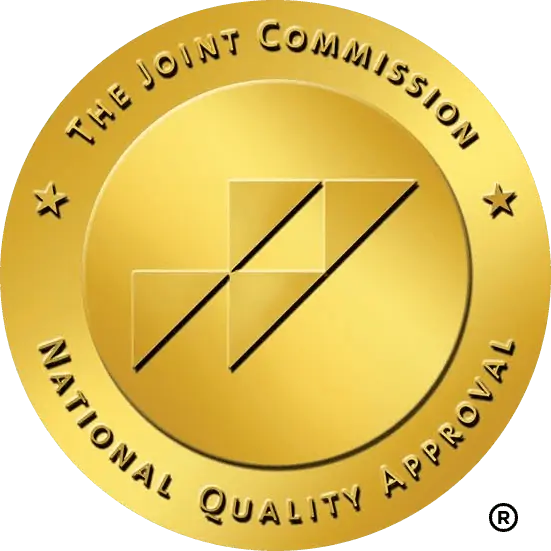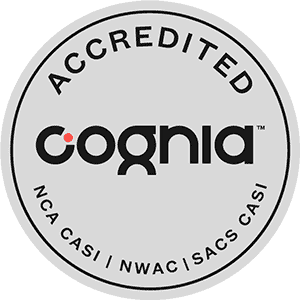Mental Disorder
men·tal/ /dis·or·der/ n.noun Merriam-Webster defines mental disorders as : a mental or bodily condition marked primarily by sufficient disorganization of personality, mind, and emotions to seriously impair the normal psychological functioning of the individual—called also mental illness. Troubled teens are a large demographic who suffer from one or more mental disorders. Typical disorders among trouble […]
Maturity
n.noun When pertaining to the human mind, maturity is a term that describes a person’s capability regarding making choices best suited for their social surroundings, as well as future well being. Maturity is an attribute that can be built, improved upon, and forever changing within the mind of any individual. A person who possess an […]
MaladaptiveBehavior
adj. Maladaptive behavior is a psychiatric term used to describe a person who engages and acts on self-destructive behavioral patterns. Those who are afflicted with maladaptive behavior are individuals who do not see reality for what it is or simply do not care that their way of thinking is flawed. Typically, those who display maladaptive […]
Lifelong Learning
/life.long/ /learn.ing/ Lifelong learning is the ongoing, voluntary, and self-motivated pursuit of knowledge for either personal or professional reasons. Therefore, it not only enhances social inclusion, active citizenship, and personal development, but also self-sustainability, rather than competitiveness and employability. By choosing to continuously learn, well after traditional education is completed, individuals who practice lifelong learning […]
Learning Styles
/learn.ing/ /Style/ n.noun Learning styles are different ways that a person can learn. It’s commonly believed that most people favor some particular method of interacting with, taking in, and processing stimuli or information. As no one person is the same, their methods of most effectively taking in knowledge should also be unique to the individual. […]
Language Disorder
A developmental problem that impacts a person’s ability to use language.
Knowledge Management
Knowledge Management refers to the array of practices and strategies that are used to identify, create, represent, distribute and enable adoption of insights and experiences. Unlike information management (computer-related and stored information), knowledge management refers to the transmission, use, and management of human knowledge and experiences. This area of organizational management focuses on improving performance, […]
Judgement
Judgement is a term that refers to the process by which people make decisions and form conclusions based on available information and material combined with mental activity (thought) and experience. This is a trait that develops with education, training and experience and that causes a person to make the best possible choices in a given […]
James – Lang Theory Of Emotion
James-Lange Theory of Emotion was posed by both James and Lang at approximately the same time (hence the name James-Lange) and suggests emotions are a consequence of our physiological responses to external stimuli followed by identification of the emotion by examining the physical responses. So, some external stimulus produces a physiological response in your body. […]
Intervention
in(t)ərˈven(t)SH(ə)n/ n.noun An intervention is a process of intervening in a person’s negative behavioral pattern. The intentions of intervening in the life of a person are so that they can overcome their negative thought process and cease to act on negative behaviors. Additionally, interventions are common actions loved ones act on if an individual is […]







